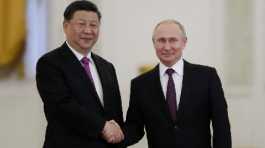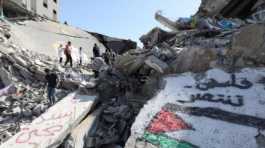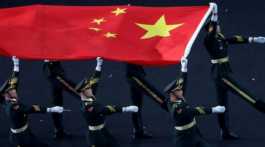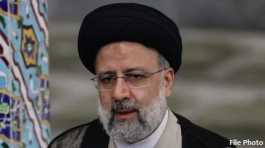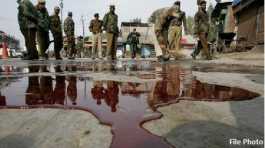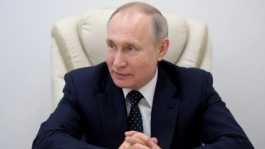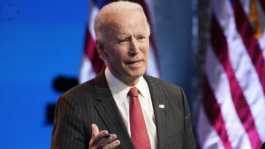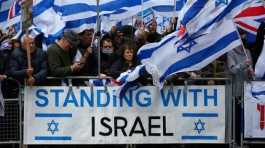Arab refugees see double standards in Europe's embrace of Ukrainians
Reuters
Syrian refugee, Ahmad Al-Hariri, who fled the war in his country for neighbouring Lebanon 10 years ago, spent the last decade hoping in vain to escape to a new life in Europe, Reuters reports.
Watching European nations open their arms to hundreds of thousands of Ukrainians in less than a week, the father of three cannot help but compare their fates.

